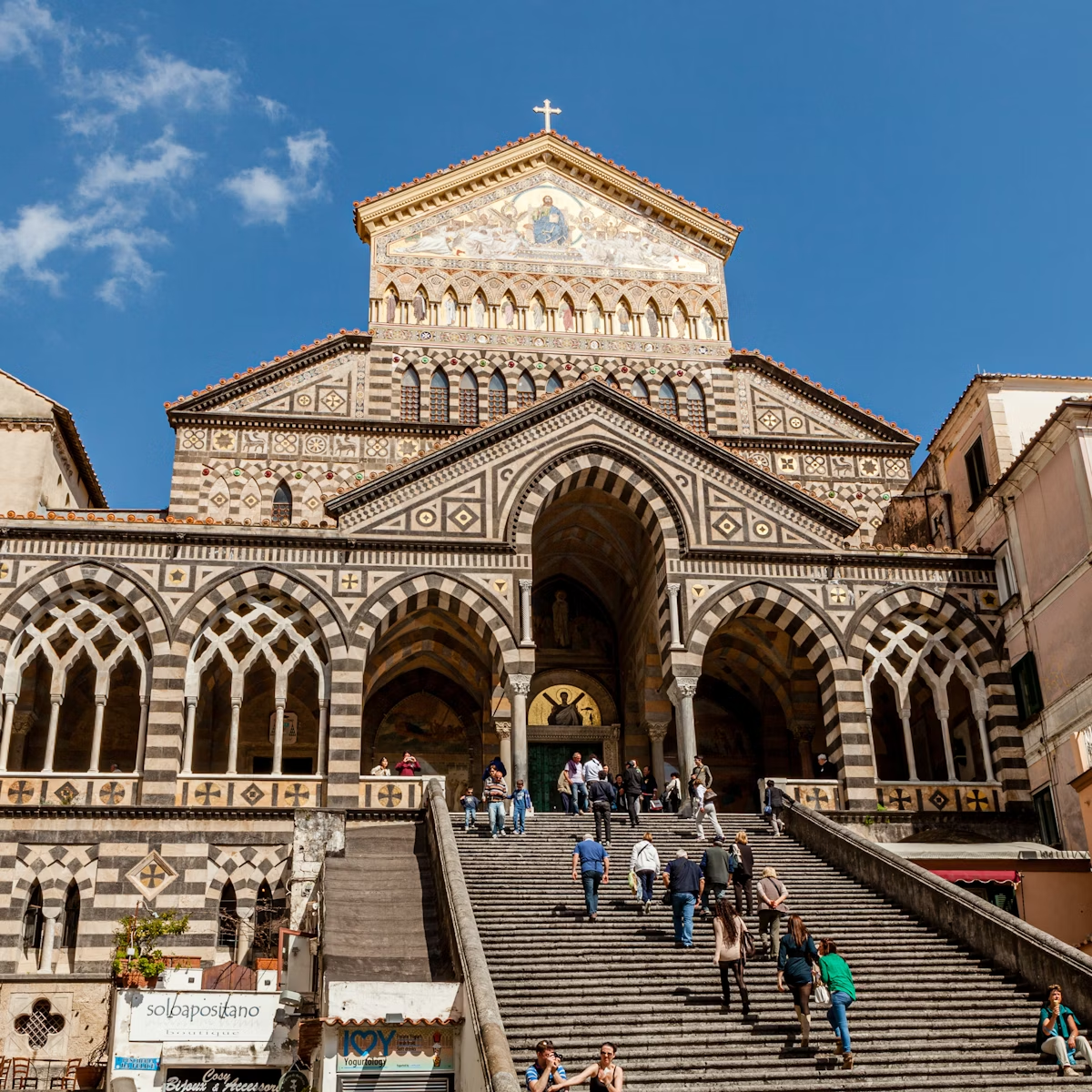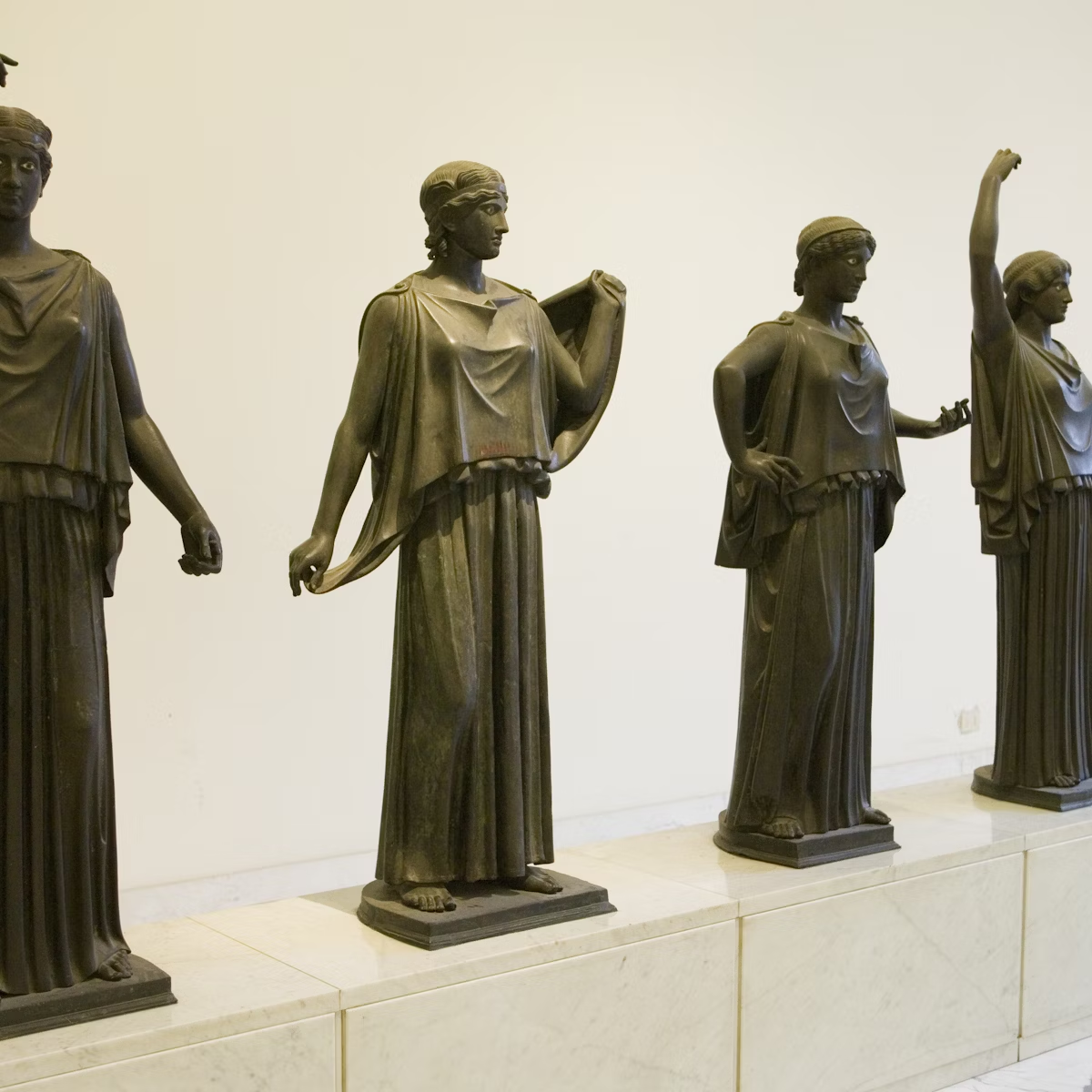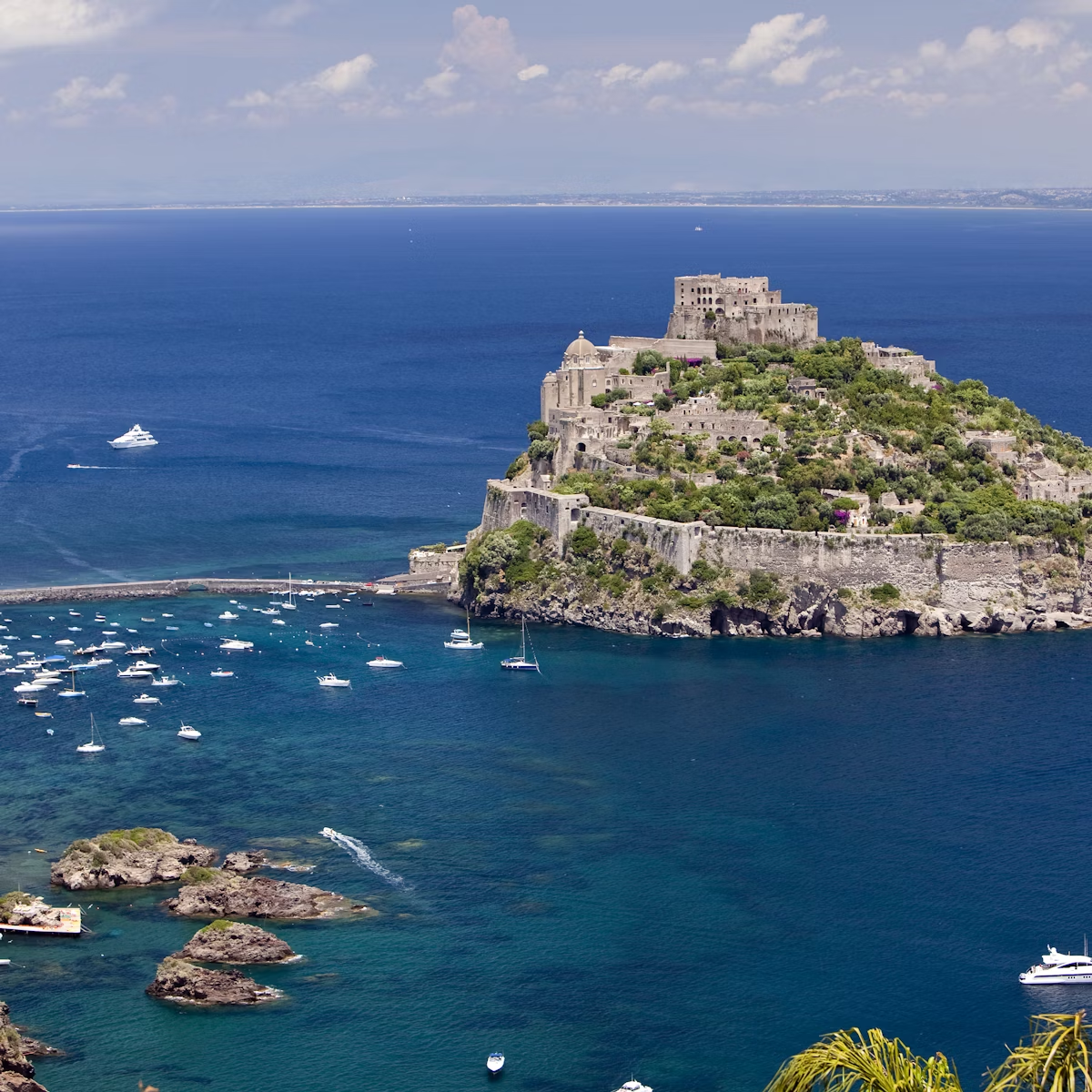It's in this Masonic-inspired baroque chapel that you'll find Giuseppe Sanmartino's incredible sculpture, Cristo velato (Veiled Christ), its marble veil so realistic that it's tempting to try to lift it and view Christ underneath. It's one of several artistic wonders that include Francesco Queirolo's sculpture Disinganno (Disillusion), Antonio Corradini's Pudicizia (Modesty) and riotously colourful frescoes by Francesco Maria Russo that have remained untouched since their creation in 1749.
Originally built around the end of the 16th century to house the tombs of the di Sangro family, the chapel was given its current baroque fit-out by Prince Raimondo di Sangro, who, between 1749 and 1766, commissioned the finest artists to adorn the interior. In Queirolo's Disinganno, the man trying to untangle himself from a net represents Raimondo's father, Antonio, Duke of Torremaggiore. After the premature death of his wife, Antonio abandoned the young Raimondo, choosing instead a life of travel and hedonistic pleasures. Repentant in his later years, he returned to Naples and joined the priesthood, his attempt to free himself from sin represented in Queirolo's masterpiece.
Even more poignant is Antonio Corradini's Pudicizia, whose veiled female figure pays tribute to Raimondo's mother, Cecilia Gaetani d’Aquila d’Aragona. Raimondo was only 11 months old when she died, and the statue's lost gaze and broken plaque represent a life cruelly cut short.
The chapel's original polychrome marble flooring was badly damaged in a major collapse involving the chapel and the neighbouring Palazzo dei di Sangro in 1889. Designed by Francesco Celebrano, the flooring survives in fragmentary form in the passageway leading off from the chapel's right side. The passageway leads to a staircase, at the bottom of which you'll find two meticulously preserved human arterial systems – one of a man, the other of a woman. Debate still circles the models: are the arterial systems real or reproductions? And if they are real, just how was such an incredible state of preservation achieved? More than two centuries on, the mystery surrounding the alchemist prince and his abilities lives on.
Queues here can be notoriously long so consider purchasing your ticket online in advance for fast-track entry into the chapel; it's worth the extra €2 booking fee, especially during peak holiday periods.








